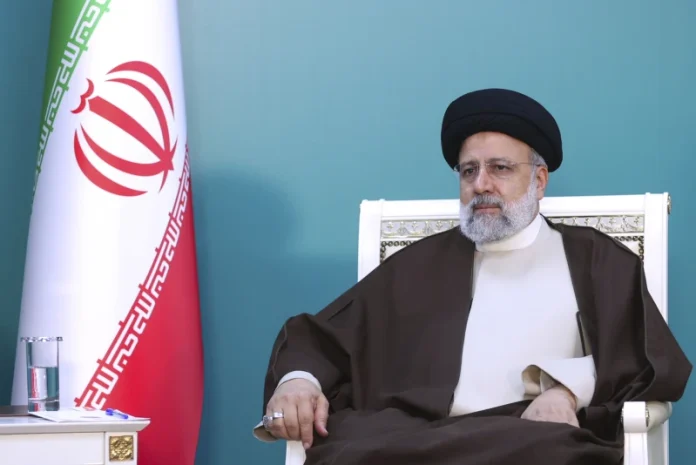Iranian President Ebrahim Raisi, a hard-line protégé of the country’s supreme leader was involved in overseeing the mass executions of thousands in 1988 and later led the country as it enriched uranium near weapons-grade levels, launched a major attack on Israel, and faced mass protests, has passed away at the age of 63.
Raisi’s death, along with that of the foreign minister and other officials in a helicopter crash on Sunday in northwestern Iran, occurred as Iran grapples with internal dissent and its relationships with the wider world.
Initially a cleric, Raisi once kissed the Quran, the Islamic holy book, before the United Nations and spoke more like a preacher than a statesman when addressing the world.
Raisi, who lost a presidential election to the relatively moderate incumbent Hassan Rouhani in 2017, ascended to power four years later in an election carefully orchestrated by Supreme Leader Ayatollah Ali Khamenei to eliminate any significant opposition candidates.
His election took place during a period of heightened tensions between Tehran and Washington, exacerbated by U.S. President Donald Trump’s 2018 decision to unilaterally withdraw America from a nuclear deal aimed at restricting Iran’s uranium enrichment in exchange for sanctions relief.
Despite Raisi expressing a desire to rejoin the deal with world powers, his new administration instead resisted international inspections of nuclear facilities, in part due to an alleged sabotage campaign that Tehran attributed to Israel.
Negotiations to revive the agreement remained at an impasse during his government’s initial months.
“Sanctions are the U.S.’ new way of war with the nations of the world,” Raisi told the United Nations in September 2021. “The policy of ‘maximum oppression’ is still on. We want nothing more than what is rightfully ours.”
In 2022, widespread protests erupted across the country following the death of Mahsa Amini, a woman who had been arrested for reportedly wearing her headscarf, or hijab, loosely. The ensuing months saw a severe security crackdown in response to the demonstrations, resulting in the deaths of over 500 people and the detention of more than 22,000 others.












